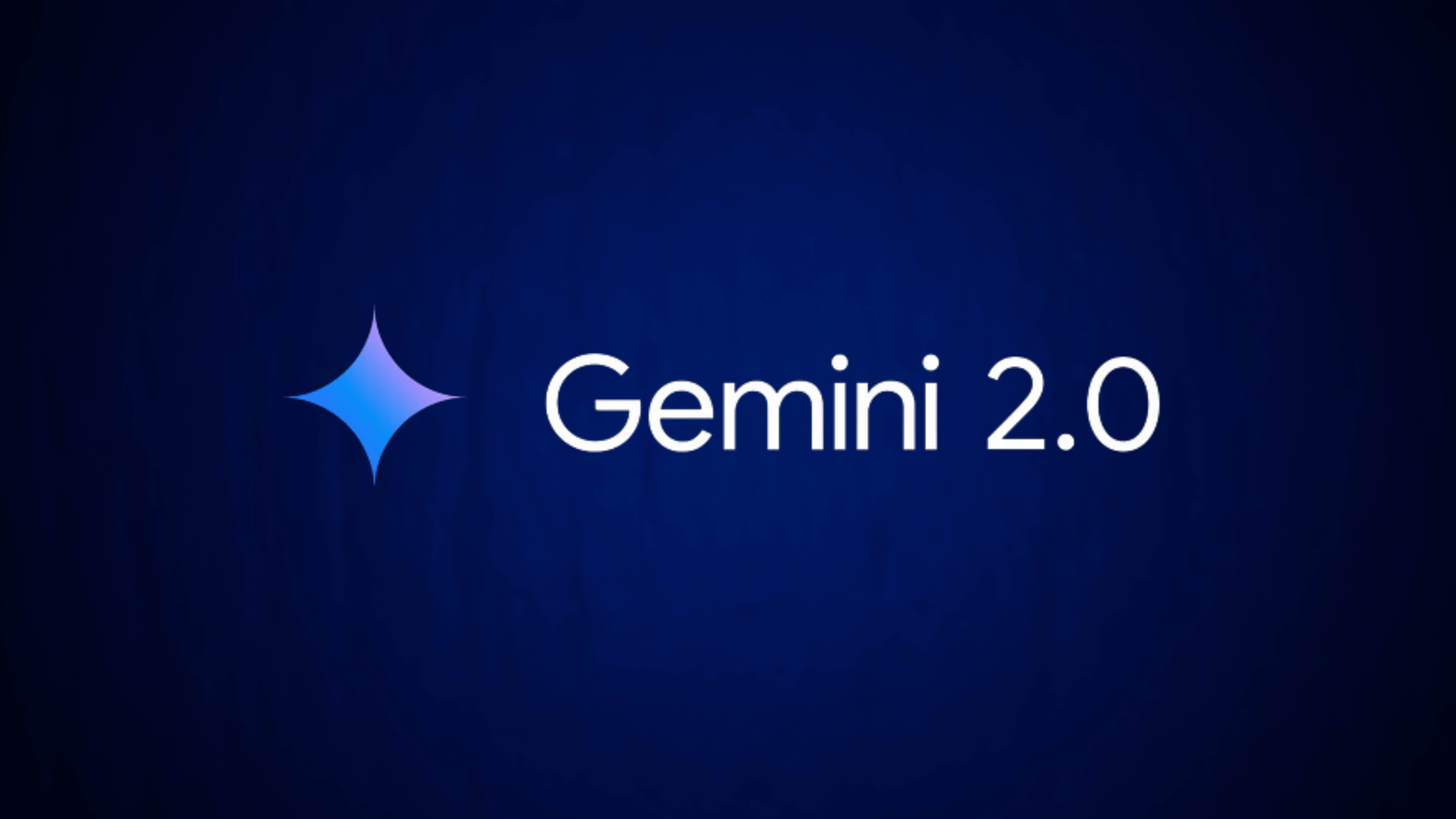Table of Contents
Google Unveils Gemini 2.0 Promising Advanced AI Capabilities Across Multiple Domains
Google has announced the launch of Gemini 2.0, a groundbreaking AI model that represents a significant leap forward in artificial intelligence technology. The new iteration promises enhanced multimodal capabilities, advanced reasoning, and unprecedented versatility across multiple domains.
The experimental Gemini 2.0 Flash model introduces several key innovations, including native multimodal output capabilities such as image generation and multilingual audio generation. Developers can now access the model through the Gemini API in Google AI Studio and Vertex AI, with multimodal input and text output available to all developers.
One of the most exciting aspects of Gemini 2.0 is its exploration of agentic experiences. The model demonstrates improved capabilities in understanding context, following complex instructions, and executing tasks across various platforms. Google has introduced several research prototypes to showcase these advancements, including Project Astra, a universal AI assistant prototype, and Project Mariner, which can navigate and interact within web browsers.
The new model builds upon the success of its predecessor, offering enhanced performance and lower latency. Gemini 2.0 Flash has already shown improvements in key benchmarks, outperforming the previous 1.5 Pro model at twice the speed. The model supports multimodal inputs like images, video, and audio, with the ability to generate native outputs and call tools such as Google Search.
|
CAPABILITY
|
BENCHMARK
|
DESCRIPTION
|
Gemini 1.5 Flash 002
|
Gemini 1.5 Pro 002
|
Gemini 2.0 Flash Experimental
|
|---|---|---|---|---|---|
|
General
|
MMLU-Pro
|
Enhanced version of popular MMLU dataset with questions across multiple subjects with higher difficulty tasks
|
67.3%
|
75.8%
|
76.4%
|
|
Code
|
Natural2Code
|
Code generation across Python, Java, C++, JS, Go . Held out dataset HumanEval-like, not leaked on the web
|
79.8%
|
85.4%
|
92.9%
|
|
Bird-SQL (Dev)
|
Benchmark evaluating converting natural language questions into executable SQL
|
45.6%
|
54.4%
|
56.9%
|
|
|
LiveCodeBench (Code Generation)
|
Code generation in Python. Code Generation subset covering more recent examples: 06/01/2024 - 10/05/2024
|
30.0%
|
34.3%
|
35.1%
|
|
|
Factuality
|
FACTS Grounding
|
Ability to provide factuality correct responses given documents and diverse user requests. Held out internal dataset
|
82.9%
|
80.0%
|
83.6%
|
|
Math
|
MATH
|
Challenging math problems (incl. algebra, geometry, pre-calculus, and others)
|
77.9%
|
86.5%
|
89.7%
|
|
HiddenMath
|
Competition-level math problems, Held out dataset AIME/AMC-like, crafted by experts and not leaked on the web
|
47.2%
|
52.0%
|
63.0%
|
|
|
Reasoning
|
GPQA (diamond)
|
Challenging dataset of questions written by domain experts in biology, physics, and chemistry
|
51.0%
|
59.1%
|
62.1%
|
|
Long context
|
MRCR (1M)
|
Novel, diagnostic long-context understanding evaluation
|
71.9%
|
82.6%
|
69.2%
|
|
Image
|
MMMU
|
Multi-discipline college-level multimodal understanding and reasoning problems
|
62.3%
|
65.9%
|
70.7%
|
|
Vibe-Eval (Reka)
|
Visual understanding in chat models with challenging everyday examples. Evaluated with a Gemini Flash model as a rater
|
48.9%
|
53.9%
|
56.3%
|
|
|
Audio
|
CoVoST2 (21 lang)
|
Automatic speech translation (BLEU score)
|
37.4
|
40.1
|
39.2
|
|
Video
|
EgoSchema (test)
|
Video analysis across multiple domains
|
66.8%
|
71.2%
|
71.5%
|
Google is taking a cautious and responsible approach to the model's development, working closely with trusted testers and conducting extensive safety assessments. The company has implemented multiple safeguards to ensure ethical AI deployment, including privacy controls and mechanisms to prevent unintended actions.
The launch extends beyond just a technical upgrade. Google is positioning Gemini 2.0 as a pivotal step towards more intelligent and helpful AI assistants. The model will be gradually integrated into various Google products, with initial rollouts in the Gemini app and AI Overviews in Search.
Developers and users can expect expanded capabilities in the coming months, with Google planning to make Gemini 2.0 more widely available across its ecosystem. The company is particularly excited about the potential for AI agents that can assist in complex tasks across different domains, from coding to gaming and beyond.
As part of its gradual rollout, Google will continue to refine the model's capabilities, focusing on improving safety, reliability, and practical utility. The Gemini 2.0 represents not just a technological advancement, but a glimpse into the future of AI interaction and assistance.
Found this article interesting? Keep visit thesecmaster.com, and our social media page on Facebook, LinkedIn, Twitter, Telegram, Tumblr, Medium, and Instagram and subscribe to receive tips like this.
You may also like these articles: Here are the 5 most contextually relevant blog posts:
Anthony Denis
Anthony Denis a Security News Reporter with a Bachelor's in Business Computer Application. Drawing from a decade of digital media marketing experience and two years of freelance writing, he brings technical expertise to cybersecurity journalism. His background in IT, content creation, and social media management enables him to deliver complex security topics with clarity and insight.
